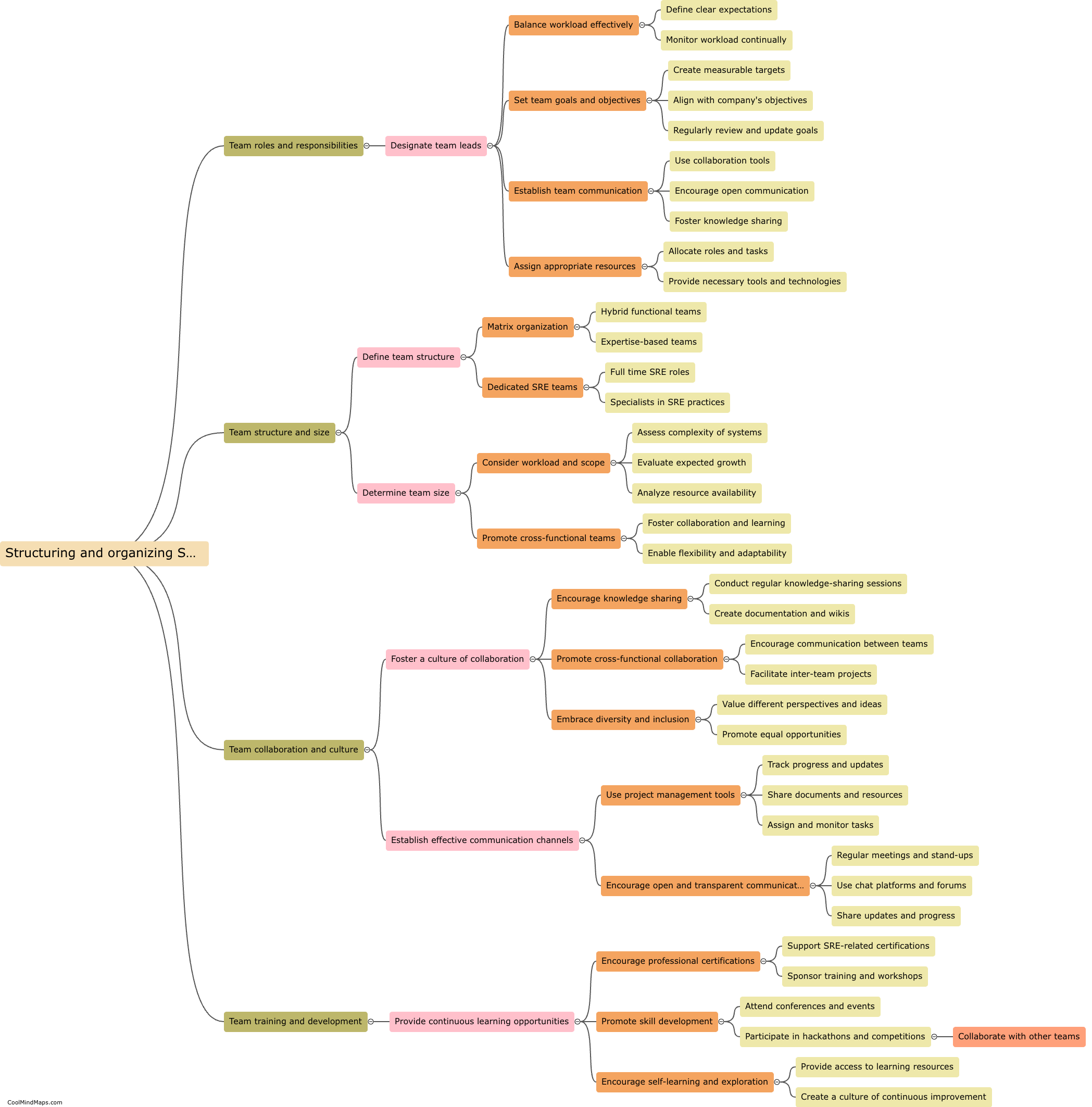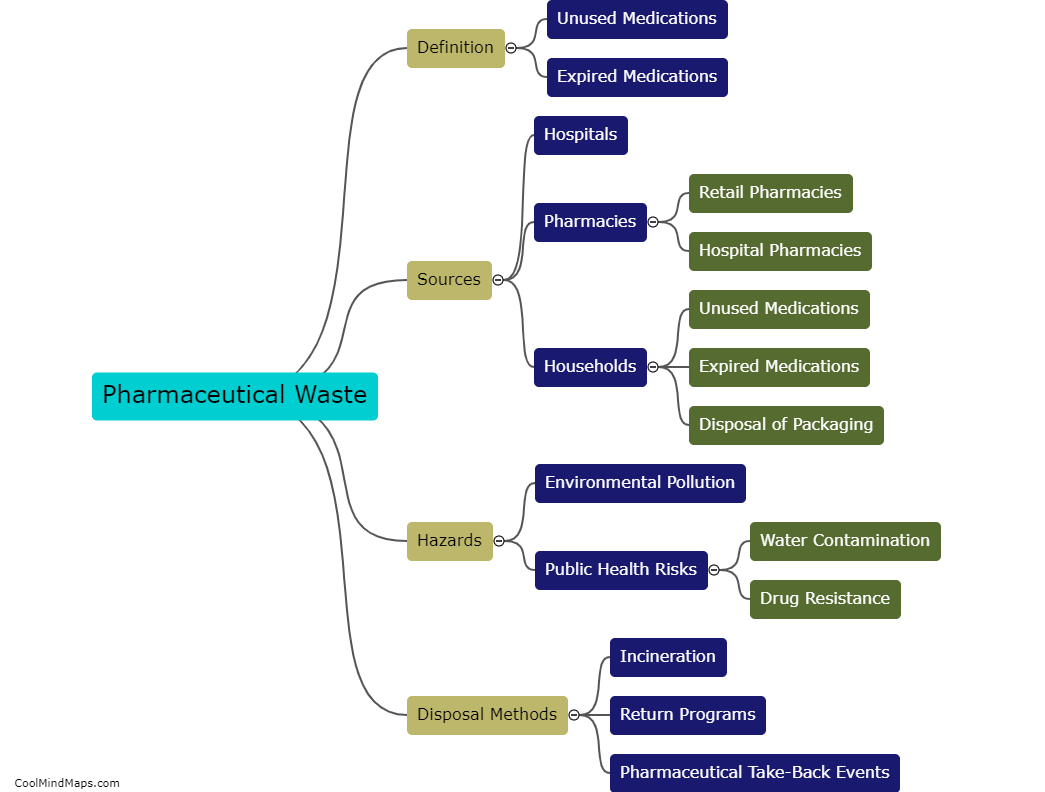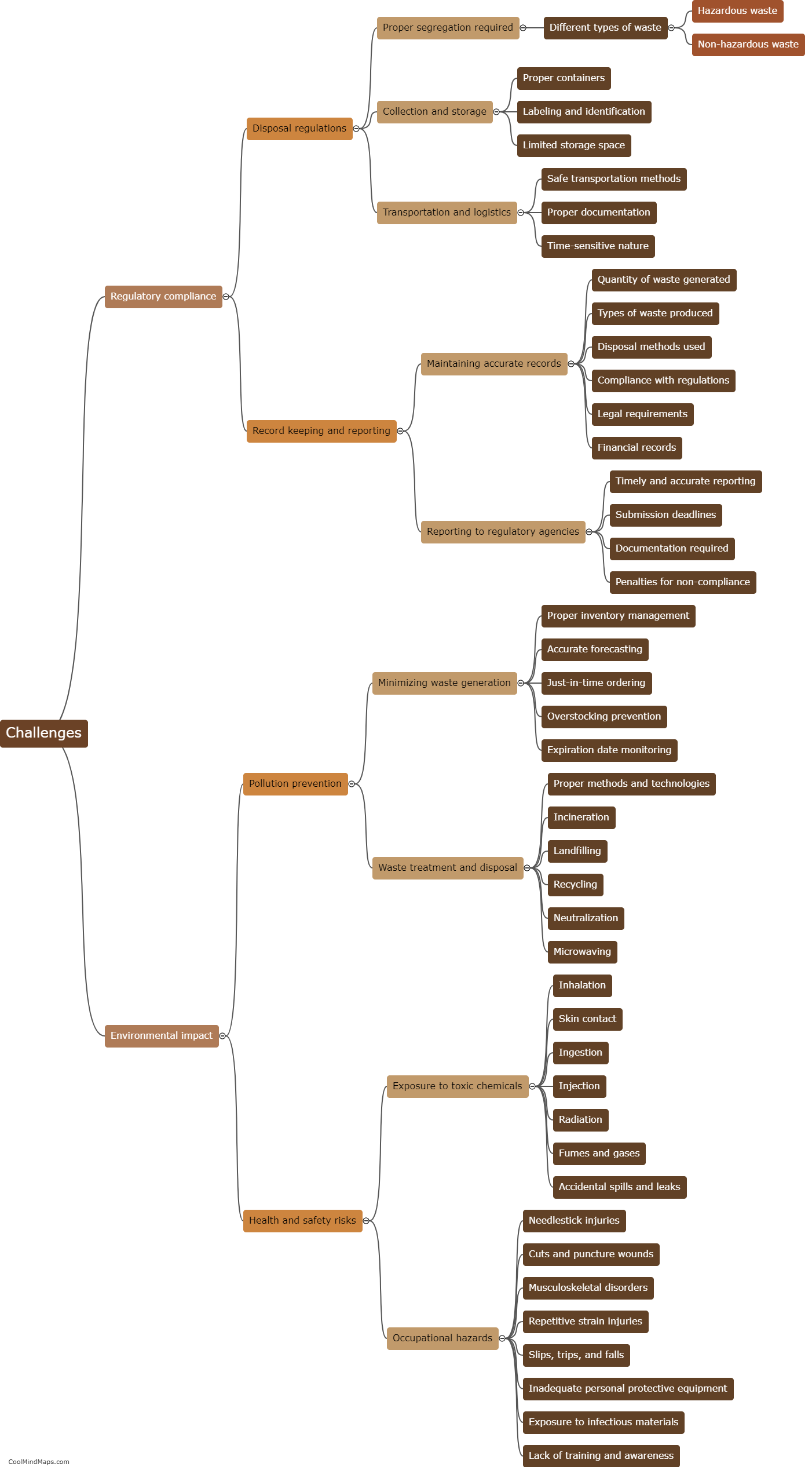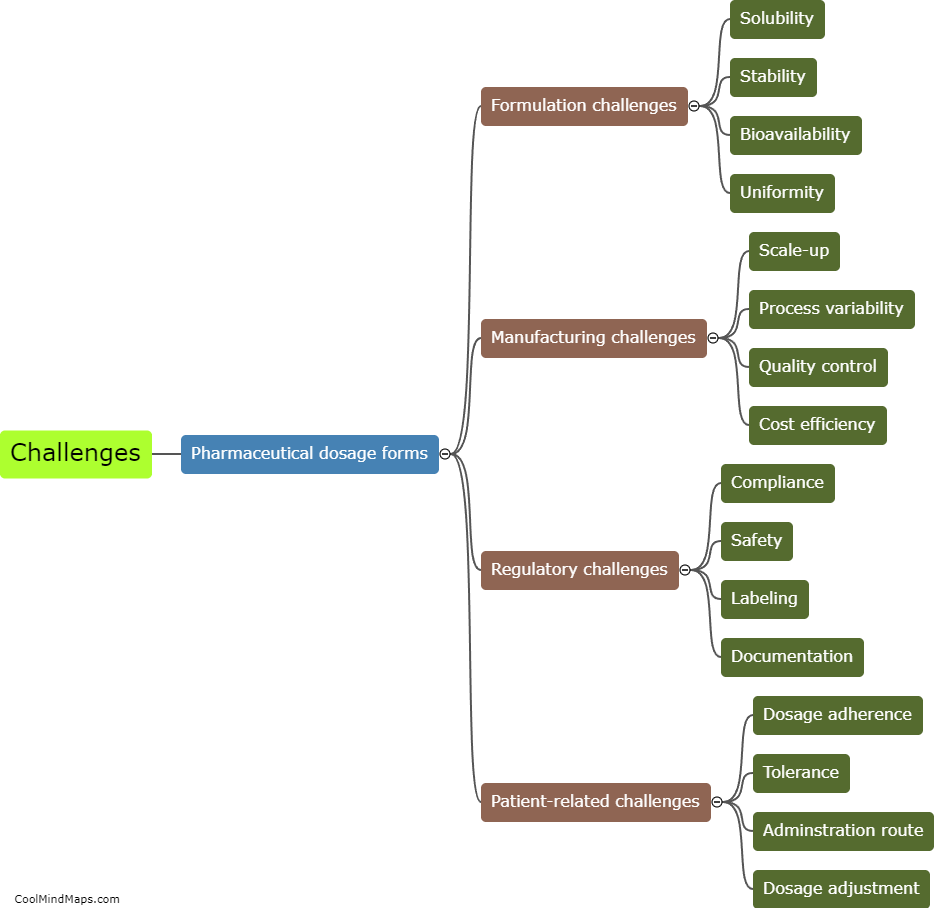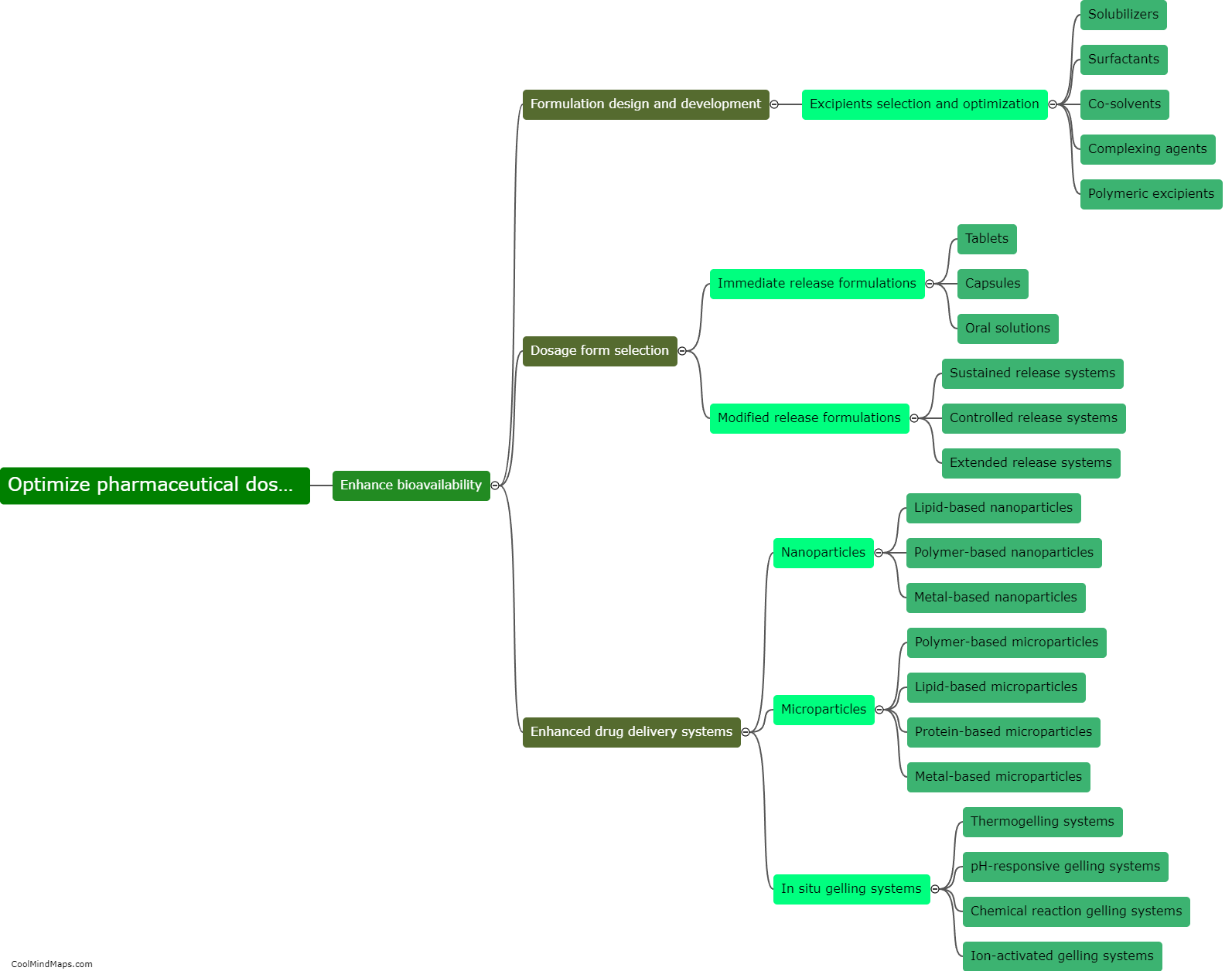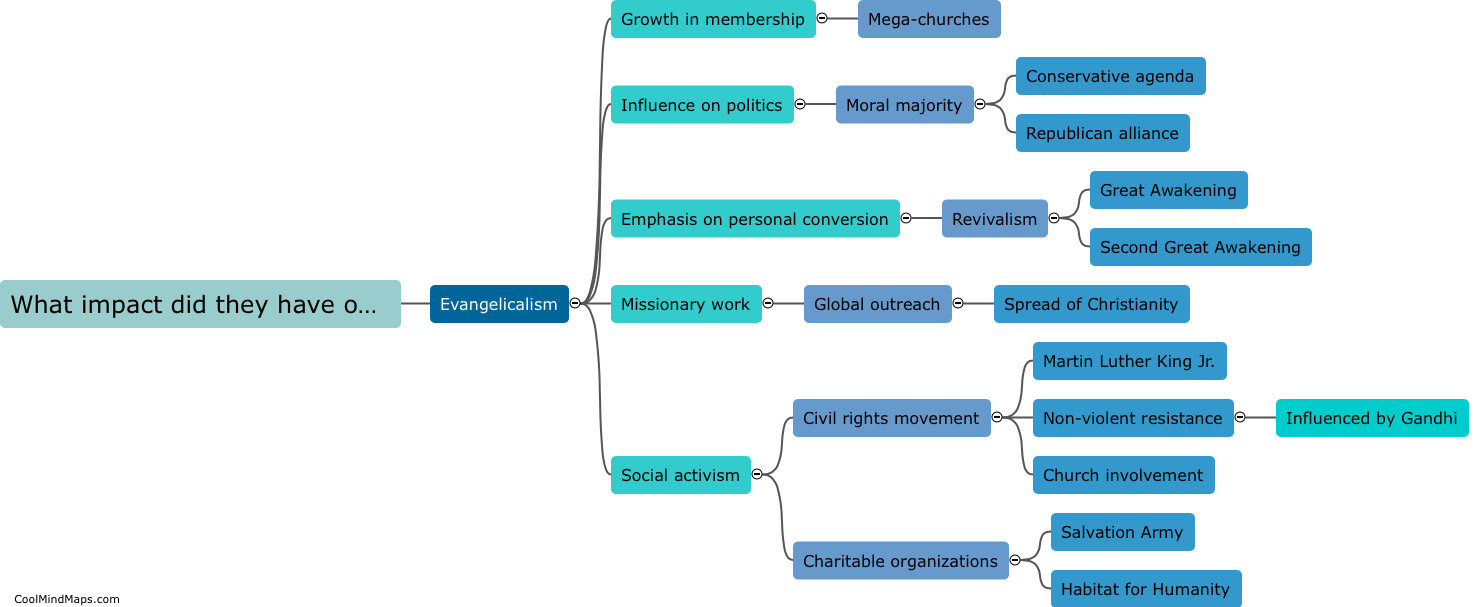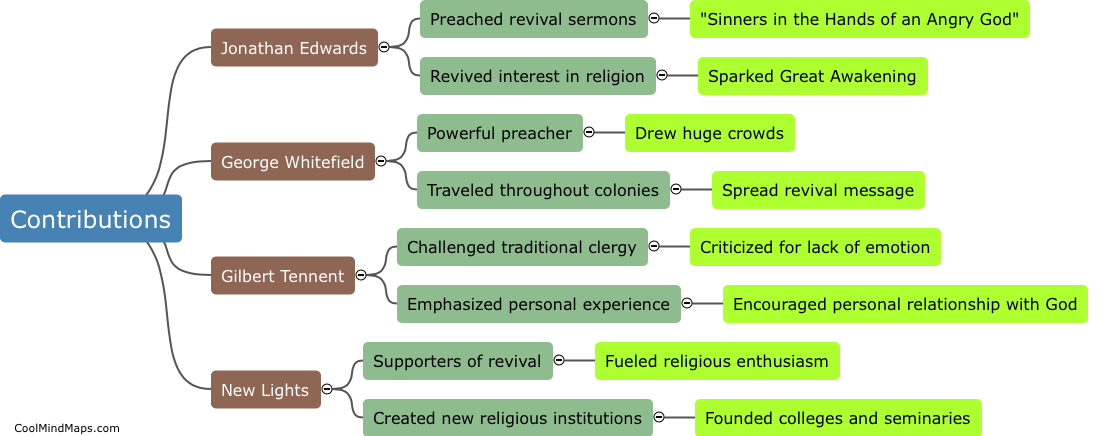What are the differences in Locke and Hobbes theories?
John Locke and Thomas Hobbes were two influential thinkers who presented contrasting theories of government and human nature. Hobbes, in his work Leviathan, argued for absolutism and the need for a strong central authority to maintain order in society. According to Hobbes, humans are inherently selfish and driven by their own self-interest, which leads to a constant state of warfare. On the other hand, Locke, in his work Two Treatises of Government, advocated for limited government and the protection of individual rights. Locke believed in the concept of natural rights, including life, liberty, and property. He argued that individuals form a social contract with the government, and if the government violates their rights, the people have the right to overthrow it. Thus, while Hobbes emphasized the need for a powerful ruler to prevent chaos, Locke emphasized the need for individual freedom and the protection of rights by the government.

This mind map was published on 8 November 2023 and has been viewed 107 times.




